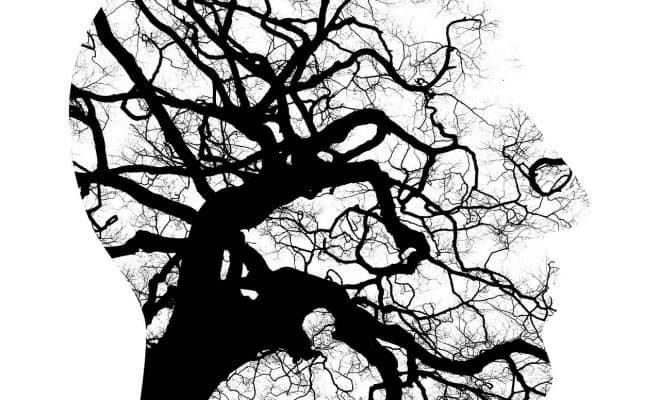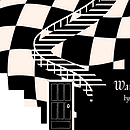Is it a demon or mental illness?

The term ‘exorcism’ comes from the Latin exorcismus, which means a calling up or driving out of evil spirits. An exorcism is defined as a religious or spiritual practice that involves banishing demons or other spiritual entities from a person, place, or thing that is believed to be possessed. Tales of exorcisms date back to ancient Persia in around 600 BC, and these ancient accounts still contain the use of tools such as prayer, ritual, and holy water. In modern society, exorcisms are still popular in the media, even being glamorized in television shows like The Exorcist on Fox.
In movies, books, and television shows, our exorcists are hailed as heroes. They vanquish the demons, and the individual who was possessed is as good as new, and typically has a profoundly deeper love for whatever God they worship. However, the history of exorcisms is anything but sunshine and rainbows. People have died. Innocent people. People who weren’t possessed, but mentally ill and in dire need of medical attention.
“God himself had sent me away. I was truly now among the damned.” -Barbara T. Cerny
It is understandable that before the birth of psychology and psychiatry, we didn’t know the affect mental illness could have on a person’s behavior. We worked with what we knew. We looked at the symptoms, the changes in behavior. We noted whether the individual was hearing voices, exhibiting aggressiveness, hostility, or experiencing changes in personality. We then attempted to cast out the demons that were believed to be causing these undesirable behaviors, even if it meant depriving the afflicted individual of food, water, and social interaction. We even drilled holes into their skulls to provide an exit for the demonic spirits to escape.
Until the 1900s, some of the most common mental illnesses associated with demonic possession were paranoid schizophrenia, dissociative trance disorder, and dissociative identity disorder. According to an article published in a 1996 edition of The Journal of Personality Assessment, which explores the links between mental illness and demonic possession:
“Although dissociative trance disorders, especially possession disorder, are probably more common than is usually thought, precise clinical data are lacking. Ten persons undergoing exorcisms for devil trance possession state were studied with the Dissociative Disorders Diagnostic Schedule and the Rorschach test. These persons had many traits in common with dissociative identity disorder patients. They were overwhelmed by paranormal experiences. Despite claiming possession by a demon, most of them managed to maintain normal social functioning. Rorschach findings showed that these persons had a complex personality organization: Some of them displayed a tendency to oversimplify stimulus perception whereas others seemed more committed to psychological complexity. Most had severe impairment of reality testing, and 6 of the participants had an extratensive coping style. In this group of persons reporting demon possession, dissociative trance disorder seems to be a distinct clinical manifestation of a dissociative continuum, sharing some features with dissociative identity disorder.”
Various religions around the world use faith healers, but these individuals typically have little to no psychological or medical background. According to clinical psychologist Dr. Nafisa Sekandari, “We believe education is key. Many religious healers prey on those with limited understanding and take of them financially.” It is believed that a person’s inability to differentiate between mental illness and demonic possession prevents them from receiving treatment. When the individual becomes caught up in trying to cast out evil spirits, they end up forgetting to look at the underlying issues associated with mental illness that may be causing their behavioral changes.
In an article published by Broadly Vice, a woman named Nadia, who underwent an exorcism to treat her depression, summed it up perfectly by saying: “They need to separate religion from psychology, especially for us women, who suffer from depression because of our shitty circumstances, or we cannot—and will not—get help. Society also needs to be rid of this shame toward mental illness and stop saying that people are weak or not perfect believers or possessed! Spirituality is important, but it doesn’t mean that you deny what is really going on because it will only get worse.”
So, while we may enjoy submerging ourselves in stories of demons, exorcisms, and other scary things that go bump in the night, it is critical that we don’t ignore the underlying causes for the symptoms associated with demonic possession. We cannot ethically deny people treatment for mental illness based on religious beliefs.









